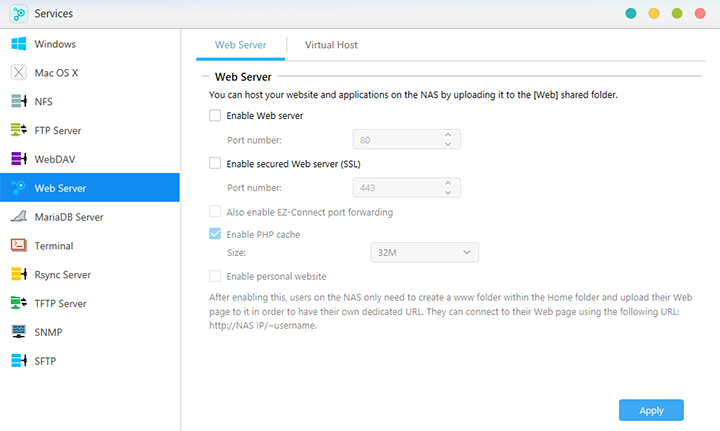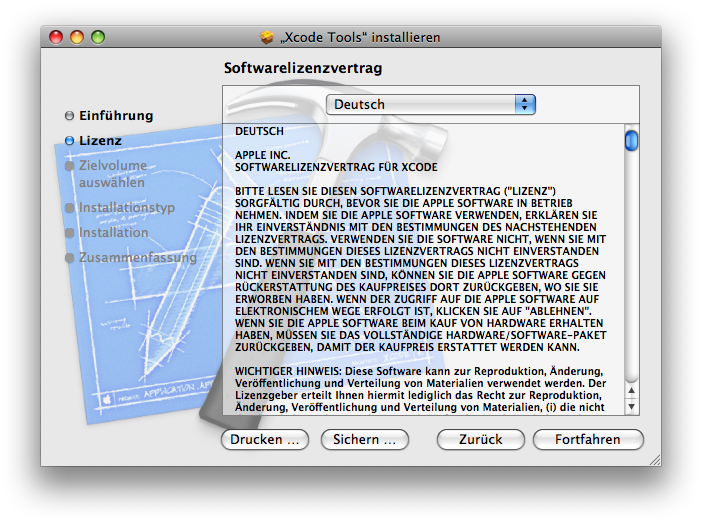
If curl is given multiple URLs to transfer on the command line, it similarly needs multiple options for where to save them.Ĭurl does not parse or otherwise "understand" the content it gets or writes as output. It can be instructed to instead save that data into a local file, using the -output or -remote-name options. If not told otherwise, curl writes the received data to stdout. Of course this is only done on files specified on a single command line and cannot be used between separate curl invocations. It is not trying to validate it as a syntactically correct URL by any means but is fairly liberal with what it accepts.Ĭurl will attempt to re-use connections for multiple file transfers, so that getting many files from the same server will not do multiple connects / handshakes. For example, for host names starting with "ftp." curl will assume you want to speak FTP.Ĭurl will do its best to use what you pass to it as a URL. It will then default to HTTP but try other protocols based on often-used host name prefixes. " If you specify URL without protocol:// prefix, curl will attempt to guess what protocol you might want. Provide the IPv6 zone index in the URL with an escaped percentage sign and the interface name. This also goes for other characters treated special, like for example '&', '?' and '*'.
#MAC TERMINAL FTP COMMAND NOT FOUND FULL#
When using or sequences when invoked from a command line prompt, you probably have to put the full URL within double quotes to avoid the shell from interfering with it. You can specify a step counter for the ranges to get every Nth number or letter: You can specify command line options and URLs mixed and in any order on the command line. They will be fetched in a sequential manner in the specified order. You can specify any amount of URLs on the command line. Nested sequences are not supported, but you can use several ones next to each other:

#MAC TERMINAL FTP COMMAND NOT FOUND SERIES#
" or you can get sequences of alphanumeric series by using as in: You can specify multiple URLs or parts of URLs by writing part sets within braces and quoting the URL as in: You find a detailed description in RFC 3986.

As you will see below, the number of features will make your head spin.Ĭurl is powered by libcurl for all transfer-related features. The command is designed to work without user interaction.Ĭurl offers a busload of useful tricks like proxy support, user authentication, FTP upload, HTTP post, SSL connections, cookies, file transfer resume and more. It supports these protocols: DICT, FILE, FTP, FTPS, GOPHER, GOPHERS, HTTP, HTTPS, IMAP, IMAPS, LDAP, LDAPS, MQTT, POP3, POP3S, RTMP, RTMPS, RTSP, SCP, SFTP, SMB, SMBS, SMTP, SMTPS, TELNET or TFTP. Curl is a tool for transferring data from or to a server.


 0 kommentar(er)
0 kommentar(er)
